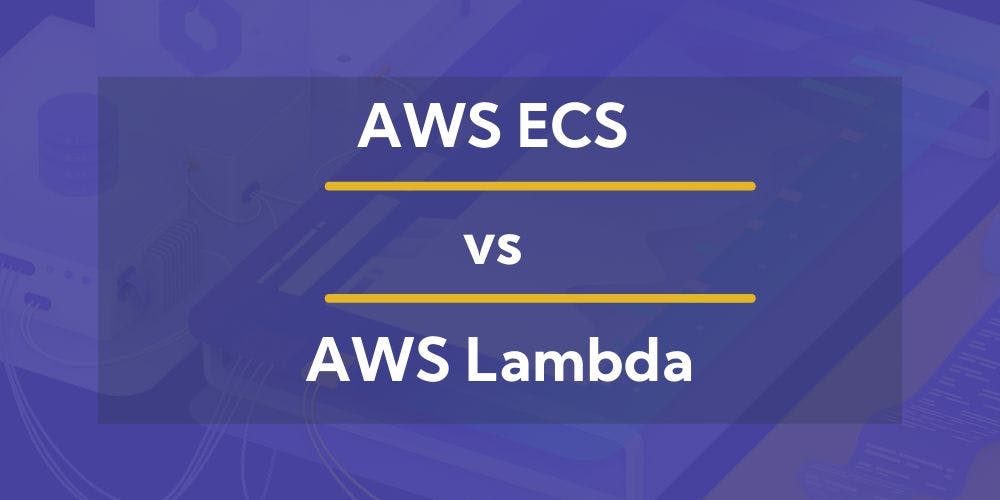6,357 reads
AWS ECS vs AWS Lambda Compared
by
December 14th, 2021
Audio Presented by
CEO of Dashbird. 13y experience as a software developer & 5y of building Serverless applications.
About Author
CEO of Dashbird. 13y experience as a software developer & 5y of building Serverless applications.
